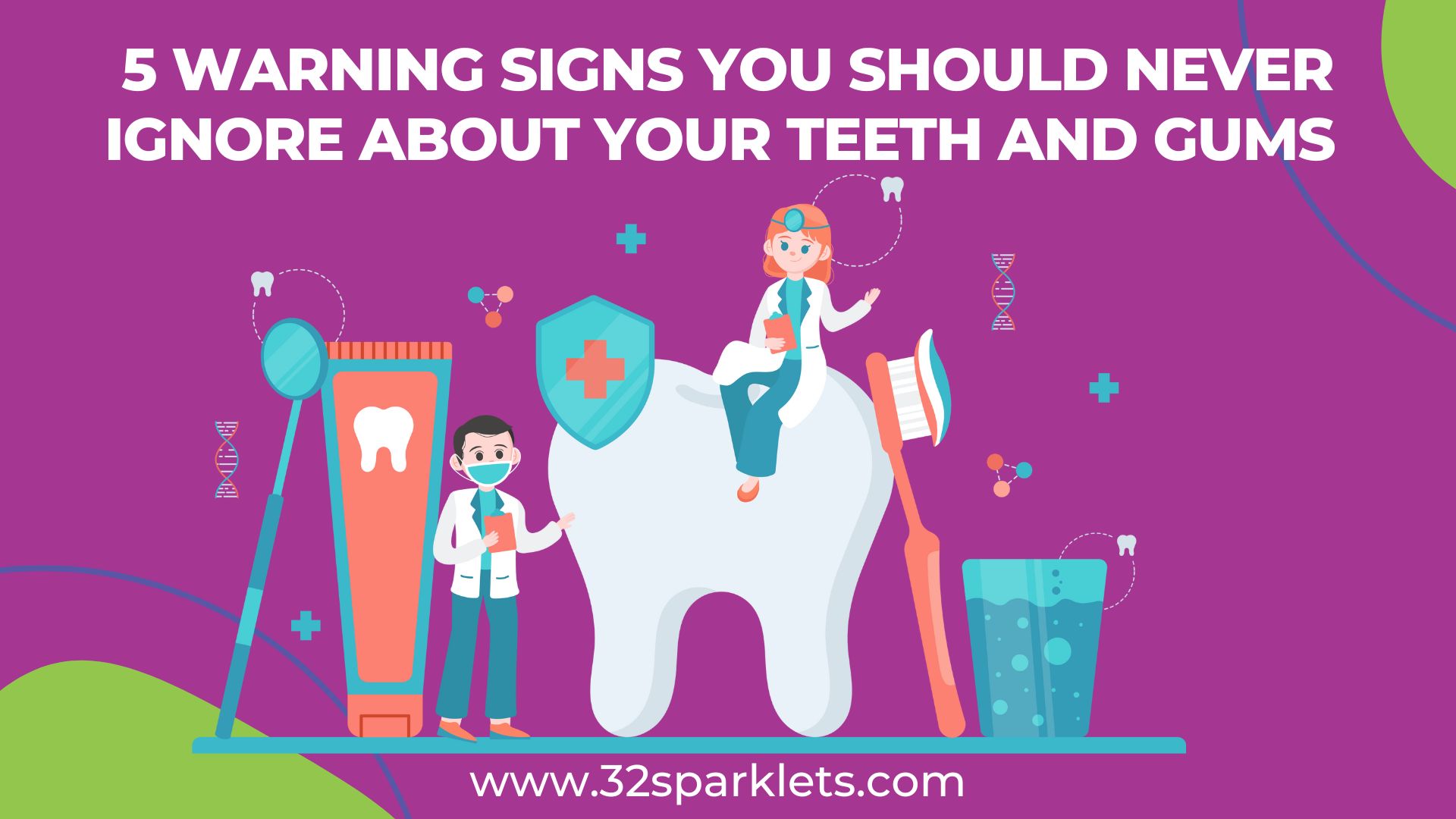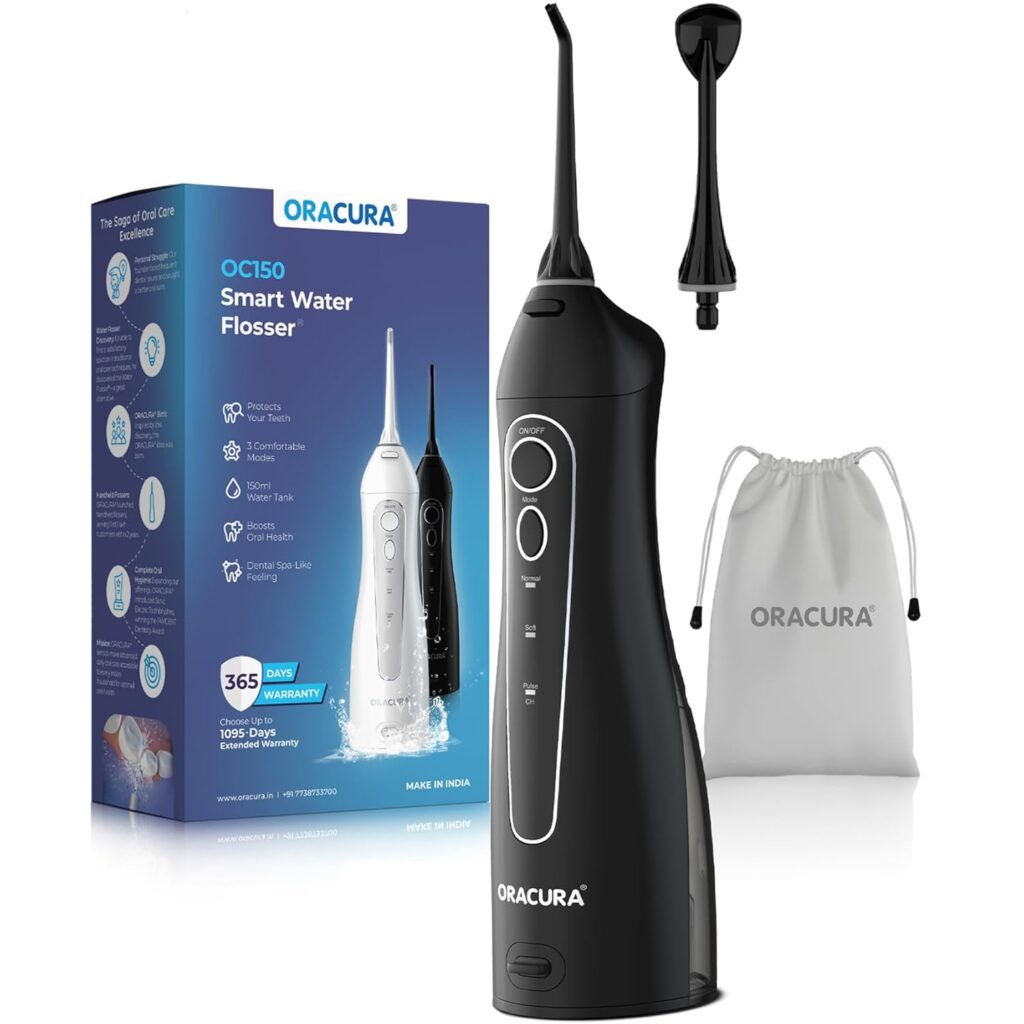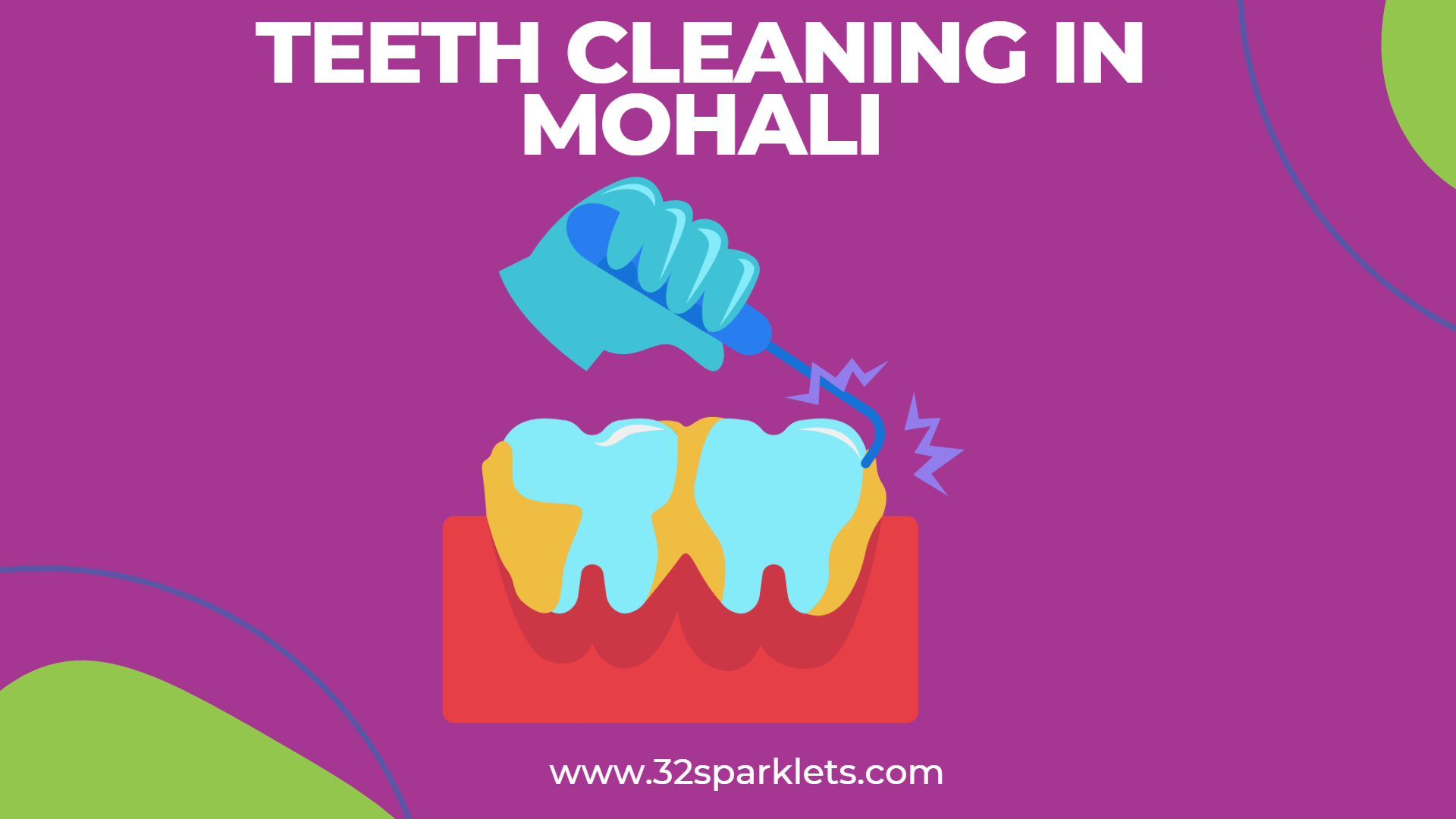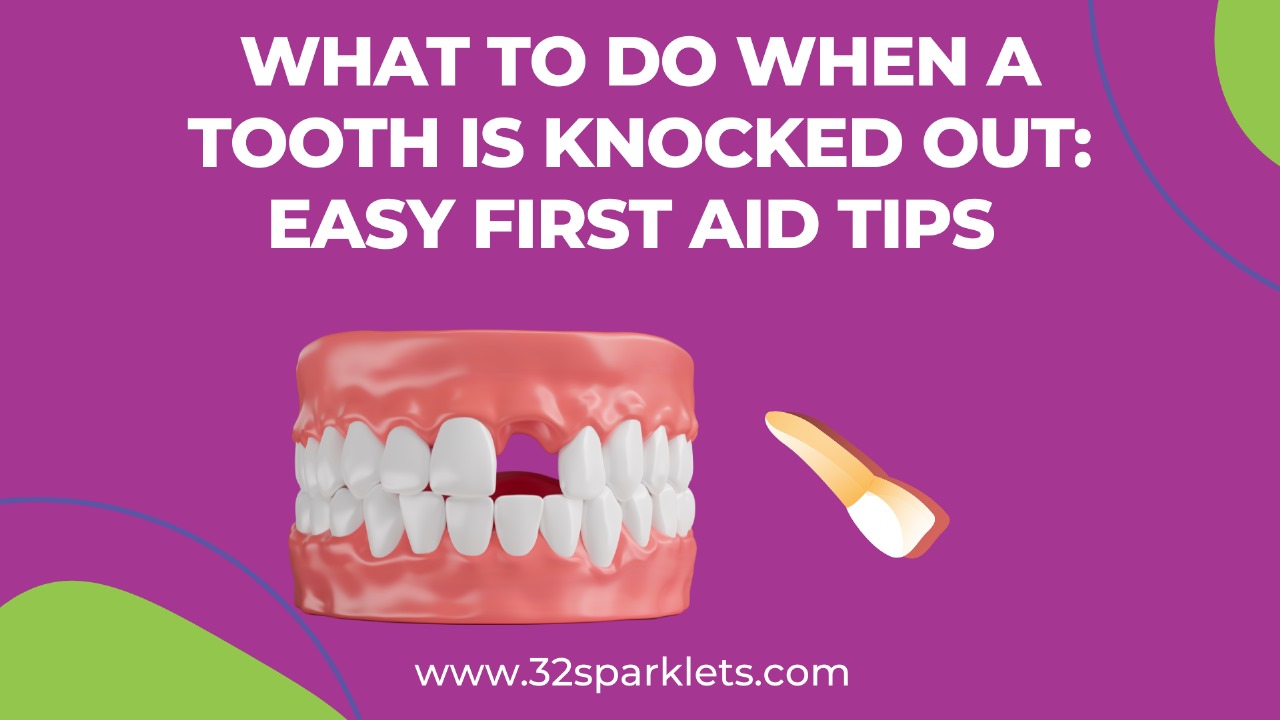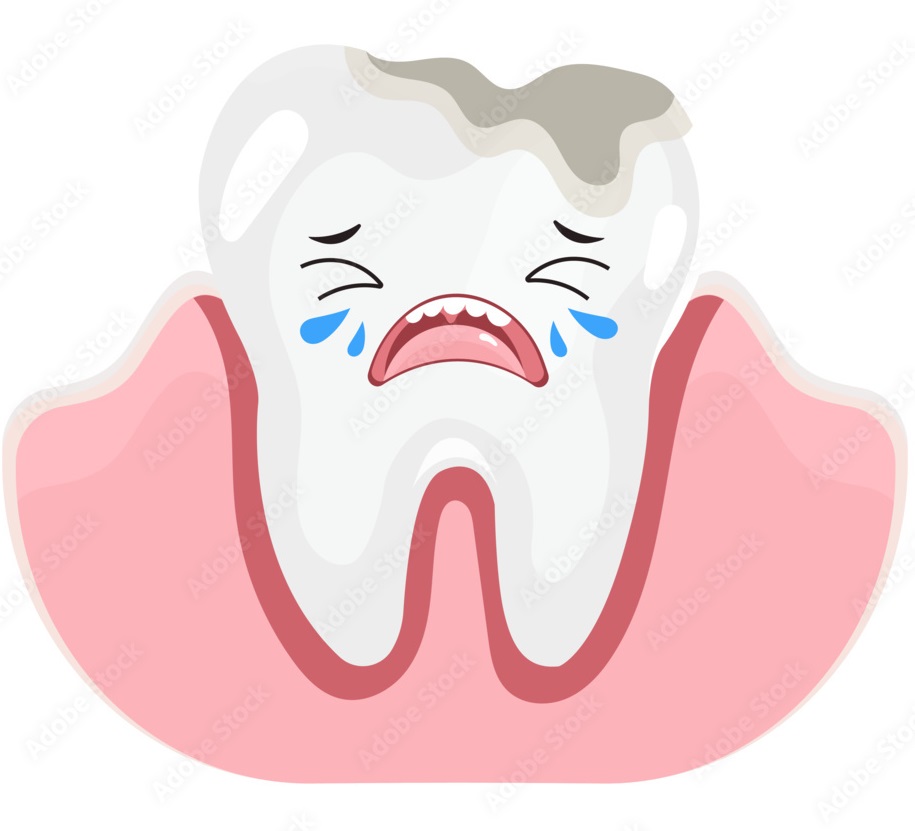
Did you know? You have been ignoring your dental problems and its time to visit us for a check-up.
Are your teeth and gums feeling sensitive? Well! It is definitely time. A dental visit is must once every 6 month.
Regarding our health, we often proactively address major concerns like fever, persistent pain, or visible injuries. But dental health? It’s frequently ignored until a minor issue (for both teeth and gums) escalates into a severe problem.
Your oral health is a crucial part of your overall well-being, and early detection of dental problems can save you from unnecessary pain, complex treatments, and hefty costs.
Here are five warning signs you should never ignore when it comes to your teeth and gums, and why acting on these symptoms promptly could make all the difference.
1. Persistent Tooth Sensitivity
Have you ever felt a sharp, shooting pain when enjoying a hot coffee or biting into an ice cream cone?
While occasional sensitivity is okay, persistent or worsening sensitivity is not. This discomfort is often caused by:
- Tooth decay: Cavities can erode your enamel and expose the inner layers of your tooth. Often tooth decay or cavities are present between the two teeth which stay un-noticed. This especially happens when we do not floss.
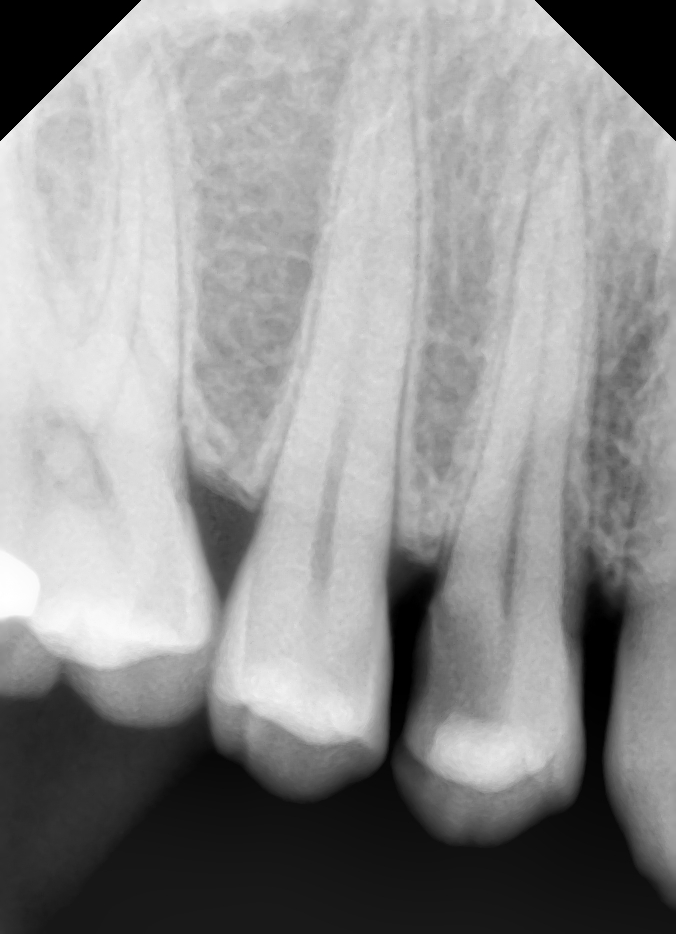
- Worn enamel: Aggressive brushing, acidic foods, or teeth grinding can wear away enamel over time. When the enamel is eroded, you might feel sensitivity in that area.
- Gum recession: When gums pull away from the teeth, they expose sensitive areas of the tooth root. This can be seen when you have lots of deposits on the surface of your teeth and you do not get a professional scaling done. These deposits (calculus) slowly push away your gums causing the recession.
- Cracked teeth or fillings: A crack can expose the inner nerves of your tooth, leading to heightened sensitivity.
Ignoring tooth sensitivity might allow the underlying problem to progress, potentially leading to infections or even tooth loss. If you’re experiencing sensitivity, visit us for a thorough examination and tailored treatment.
2. Bleeding or Swollen Gums
Your gums are the foundation of your smile. Healthy gums are firm, pink, and don’t bleed easily. If you’re noticing bleeding while brushing or flossing, or if your gums appear swollen or tender, this could be an early sign of gum disease (gingivitis or periodontitis).
- Gingivitis: The early stage of gum disease, characterized by inflammation caused by plaque buildup.
- Periodontitis: A more advanced stage that can cause gum recession, bone loss, and even tooth loss if left untreated.
Bleeding gums are your body’s way of signalling that something isn’t right. Delaying treatment can allow bacteria to spread, impacting not only your gums but also your overall health. Studies have linked gum disease to conditions like diabetes, heart disease, and pregnancy complications.
If you notice these symptoms, schedule a dental visit. Professional cleaning and improved oral hygiene can often reverse early gum disease.

3. Persistent Bad Breath (Halitosis)
Everyone experiences bad breath occasionally, but persistent halitosis isn’t something you should ignore. Chronic bad breath may indicate:
- Poor oral hygiene: Bacteria thrive on food particles and plaque left in your mouth. This can cause cavities as well as bad breath.
- Gum disease: As bacteria accumulate under the gums, they produce foul-smelling byproducts.
- Cavities or infections: Decayed teeth or abscesses can create unpleasant odours.
- Dry mouth (xerostomia): Reduced saliva flow can lead to bacterial buildup as they don’t get washed away.
Persistent bad breath not only affects your confidence and relations but can also be a symptom of deeper oral health issues. A dental checkup can help identify and address the root cause.

4. Pain or Discomfort in the Jaw
Jaw pain is easy to dismiss as stress or a temporary issue. However, ongoing discomfort in your jaw, particularly when chewing or speaking, can signal underlying problems like:
- Temporomandibular Joint Disorders (TMD): Pain, clicking, or stiffness in the jaw joint may indicate dysfunction.
- Bruxism (teeth grinding): Often occurring during sleep, grinding can wear down your teeth and strain your jaw muscles. To prevent this we will provide you with night guards which will help you reduce stress on your teeth and have a good night’s sleep.
- Impacted wisdom teeth: These can push against other teeth and cause significant pain. Most of the time there is no space for the wisdom teeth to erupt (come out) and therefore, you need to get them removed.
- Infections or abscesses: Dental infections can sometimes radiate pain to the jaw. Seek treatment to prevent further spread of the infection which can be dangerous at a later stage.
Ignoring jaw pain can lead to complications, including damage to teeth, chronic discomfort, or reduced jaw mobility. We can pinpoint the issue and recommend treatments like mouthguards, orthodontics, or other interventions.
5. Loose Teeth or Receding Gums
Your adult teeth are meant to last a lifetime, so any looseness or noticeable shifting is a serious red flag. Similarly, receding gums—where the gum tissue pulls away, exposing more of the tooth—can indicate advanced gum disease or other concerns.
- Gum disease: Periodontitis can damage the structures supporting your teeth, leading to loosening or even tooth loss.
- Trauma or injury: An impact on the mouth can cause teeth to become loose or misaligned. If addressed early (within an hour) there are chances that these loose teeth can be saved.
- Bone loss: This can occur due to untreated gum disease or other systemic health conditions like diabetes.
Loose teeth or receding gums aren’t just cosmetic concerns—they’re signs that your oral health needs immediate attention. Left untreated, these issues can progress, affecting your ability to eat, speak, and smile confidently.
Why Acting Early Is Important
Dental problems rarely resolve on their own. In fact, they tend to worsen over time. Ignoring warning signs can lead to:
- More invasive and costly treatments: Filling a small cavity is far simpler and less expensive than treating a root canal or replacing a tooth.
- Pain and discomfort: Dental issues can become increasingly painful if not addressed promptly.
- Overall health risks: Poor oral health has been linked to heart disease, diabetes, respiratory infections, and more.
By visiting us at the first sign of trouble, you’re taking a proactive step toward protecting not just your teeth and gums, but your overall health and quality of life.
Preventive Steps You Can Take
While early detection of dental problems (teeth and gums) is the key, prevention is even better. Here are some steps you can take to maintain healthy teeth and gums:
- Brush twice a day: Use fluoride toothpaste and a soft-bristled brush. Do not apply too much pressure while brushing and brush for approximately 2 minutes.
- Floss daily: Remove plaque and food particles from between your teeth. Remember to floss at least once daily. If you find it difficult to use a floss thread to floss you can even opt for a water flosser.
Click here to buy. - Use mouthwash: An antimicrobial rinse can help reduce plaque and bacteria. Get an alcohol-free mouthwash. Do not use a mouthwash continuously. Take a break for a few days in between.
Click here to buy. - Visit your dentist regularly: Schedule checkups and cleanings every six months.
- Eat a balanced diet: Limit sugary and acidic foods, and include plenty of calcium-rich options.
- Avoid smoking: Tobacco use significantly increases the risk of gum disease and oral cancer.
- Stay hydrated: Drinking water helps wash away food particles and bacteria.

How 32 Sparklets Can Help You
At 32 Sparklets, we’re committed to helping you achieve optimal oral health. Our expert team offers comprehensive dental care, from routine cleanings to advanced treatments for gum disease, tooth sensitivity, and jaw pain.
If you’re experiencing any of the warning signs mentioned above, don’t wait for the problem to worsen. Early intervention can save you time, money, and discomfort.
Schedule your appointment with us today and take the first step toward a healthier, brighter smile.
Your oral health is too important to ignore. Listen to what your teeth and gums are telling you, and let us help you keep them strong and healthy for life. Remember, prevention and early care are the keys to a confident smile and a pain-free future!

